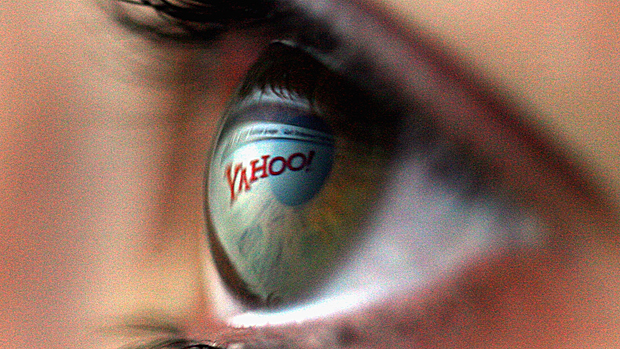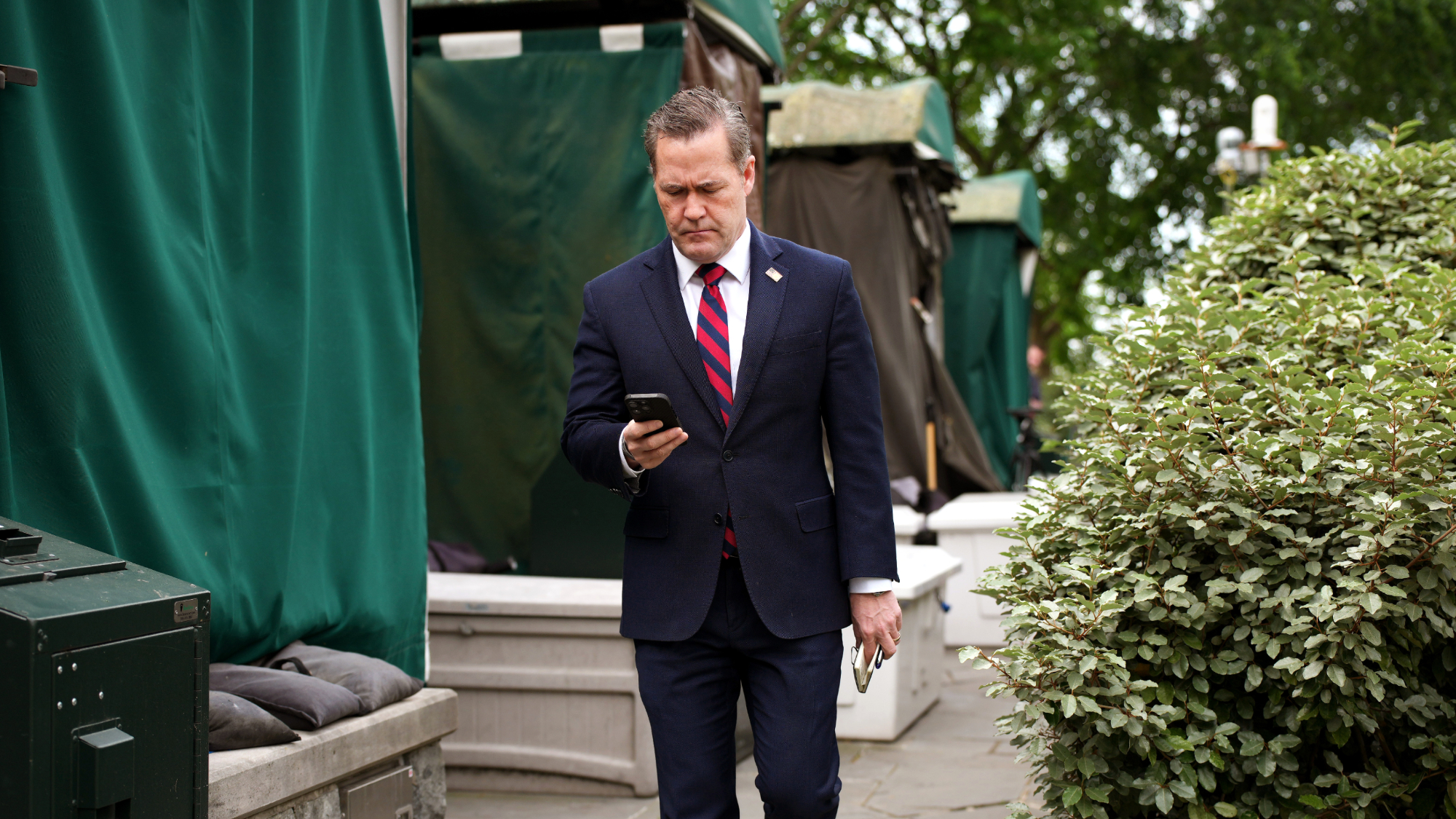GCHQ intercepted 'intimate' Yahoo webcam images
Millions of webcam conversations were intercepted by spies, including many that involved nudity

A free daily email with the biggest news stories of the day – and the best features from TheWeek.com
You are now subscribed
Your newsletter sign-up was successful
BRITISH intelligence agents, assisted by their American counterparts, intercepted millions of private webcam conversations between people not suspected of any crime.
The latest revelations from documents leaked by former NSA contractor Edward Snowden published by The Guardian yesterday reveal that between 2008 and 2010, the UK intelligence agency GCHQ conducted a wide-ranging programme called Operation Optic Nerve to collect images from Yahoo webcam chats "whether individual users were an intelligence target or not".
In a six-month period in 2008 alone, the agency intercepted images from 1.8 million people, many of which contained sexually explicit material. The agency came to recognise the collection of such images as a problem.
The Week
Escape your echo chamber. Get the facts behind the news, plus analysis from multiple perspectives.

Sign up for The Week's Free Newsletters
From our morning news briefing to a weekly Good News Newsletter, get the best of The Week delivered directly to your inbox.
From our morning news briefing to a weekly Good News Newsletter, get the best of The Week delivered directly to your inbox.
One document said: "Unfortunately... it would appear that a surprising number of people use webcam conversations to show intimate parts of their body to the other person."
An estimated three to 11 per cent of the images collected by GCHQ contain "undesirable nudity".
Optic Nerve aimed to identify targets by running an early version of facial-recognition software over the harvested images. GCHQ focused its operation on Yahoo webchats because a number of terrorism suspects were believed to have used the service. Facial recognition was deployed to circumvent the problem of target users logging in with multiple accounts or pseudonyms.
Yahoo issued a forceful statement decrying the agency's behaviour, which it said was "completely unacceptable".
A free daily email with the biggest news stories of the day – and the best features from TheWeek.com
"We were not aware of, nor would we condone, this reported activity," said a spokeswoman. "This report, if true, represents a whole new level of violation of our users' privacy that is completely unacceptable, and we strongly call on the world's governments to reform surveillance law.
"We are committed to preserving our users' trust and security and continue our efforts to expand encryption across all of our services."
A GCHQ spokesman said in a statement that the agency was unable to comment on intelligence matters, but that all activities were carried out in accordance with the law.
"Our activities are authorised, necessary and proportionate, and... there is rigorous oversight, including from the secretary of state, the interception and intelligence services commissioners and the Parliamentary Intelligence and Security Committee," the statement said.
-
 Film reviews: ‘Send Help’ and ‘Private Life’
Film reviews: ‘Send Help’ and ‘Private Life’Feature An office doormat is stranded alone with her awful boss and a frazzled therapist turns amateur murder investigator
-
 Movies to watch in February
Movies to watch in Februarythe week recommends Time travelers, multiverse hoppers and an Iraqi parable highlight this month’s offerings during the deep of winter
-
 ICE’s facial scanning is the tip of the surveillance iceberg
ICE’s facial scanning is the tip of the surveillance icebergIN THE SPOTLIGHT Federal troops are increasingly turning to high-tech tracking tools that push the boundaries of personal privacy
-
 The high street: Britain’s next political battleground?
The high street: Britain’s next political battleground?In the Spotlight Mass closure of shops and influx of organised crime are fuelling voter anger, and offer an opening for Reform UK
-
 Is a Reform-Tory pact becoming more likely?
Is a Reform-Tory pact becoming more likely?Today’s Big Question Nigel Farage’s party is ahead in the polls but still falls well short of a Commons majority, while Conservatives are still losing MPs to Reform
-
 Taking the low road: why the SNP is still standing strong
Taking the low road: why the SNP is still standing strongTalking Point Party is on track for a fifth consecutive victory in May’s Holyrood election, despite controversies and plummeting support
-
 What difference will the 'historic' UK-Germany treaty make?
What difference will the 'historic' UK-Germany treaty make?Today's Big Question Europe's two biggest economies sign first treaty since WWII, underscoring 'triangle alliance' with France amid growing Russian threat and US distance
-
 Is the G7 still relevant?
Is the G7 still relevant?Talking Point Donald Trump's early departure cast a shadow over this week's meeting of the world's major democracies
-
 Angela Rayner: Labour's next leader?
Angela Rayner: Labour's next leader?Today's Big Question A leaked memo has sparked speculation that the deputy PM is positioning herself as the left-of-centre alternative to Keir Starmer
-
 Is Starmer's plan to send migrants overseas Rwanda 2.0?
Is Starmer's plan to send migrants overseas Rwanda 2.0?Today's Big Question Failed asylum seekers could be removed to Balkan nations under new government plans
-
 Trump ousts Waltz as NSA, taps him for UN role
Trump ousts Waltz as NSA, taps him for UN rolespeed read President Donald Trump removed Mike Waltz as national security adviser and nominated him as U.S. ambassador to the United Nations